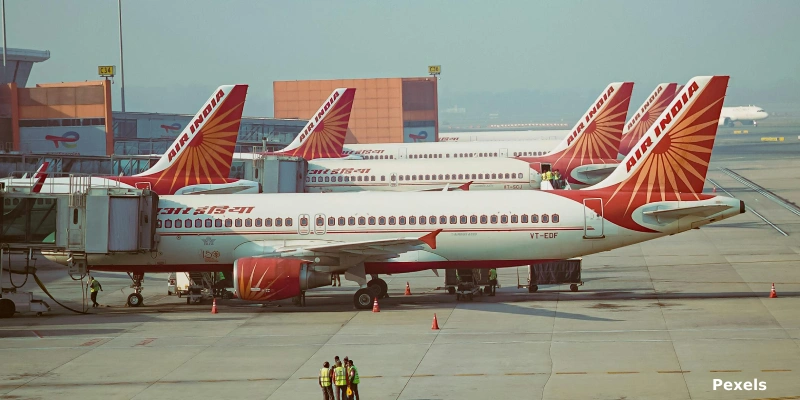LATAM Airlines Group and Airbus have funded a study conducted by the MIT Center for Science and Sustainability Strategy, which examines the most viable pathways to achieving net-zero emissions in Latin America’s aviation sector. The analysis focuses on Sustainable Aviation Fuels (SAF), exploring their production potential in six key countries across the region: Brazil, Chile, Colombia, Ecuador, Mexico, and Peru.
SAF as the Central Tool, but with Economic Barriers
The report identifies SAF as the primary tool for decarbonizing Latin America’s commercial aviation. However, it also warns that this type of fuel, being more expensive than traditional fossil fuels, could significantly increase operational costs. Currently, fuel accounts for nearly 40% of airlines’ operating expenses in the region, so an additional cost increase without supportive policies could reduce flight demand and air connectivity.
→ LATAM Launches Premium Business Cabins with Private Suites: A New Era in South American Aviation
Public Policies: Key to Balancing Sustainability and Commercial Viability
The study underscores the urgent need to implement public policies that incentivize SAF production and adoption. These policies should aim to mitigate the economic impact on airlines and passengers without slowing progress toward more sustainable aviation. Introducing SAF without adequate measures could jeopardize the sector’s commercial viability, particularly in price-sensitive markets.
A Regional Vision to Achieve Economies of Scale
One of the study’s key conclusions is the importance of adopting a regional approach. The six countries analyzed have varying levels of SAF production capacity in terms of volume and costs. Therefore, integration that allows countries with lower capacity to access more affordable fuel, while expanding the market for producers, could reduce excess costs and maximize benefits for all stakeholders.
Key Industry Voices: LATAM and Airbus Advocate for Cooperation
Juan José Tohá, Director of Corporate Affairs and Sustainability at LATAM Airlines Group, emphasized aviation’s strategic role in economic development and connectivity in Latin America. “If we do not chart the right path, we risk increasing costs and compromising the development of our regional connectivity. In this context, regional integration emerges as a key alternative to reduce excess costs and ensure a transition toward more sustainable aviation,” he stated.
Guillaume Gressin, Vice President of International, Strategy, and Commercial Operations for Airbus in Latin America and the Caribbean, highlighted the region’s potential: “This study confirms Latin America’s potential for SAF production and the logic of aligning decarbonization approaches among countries to ensure competitiveness and economies of scale.”
A Path Forward That Demands Collective Action
The report is clear: Latin America has the potential but needs collaboration. The transition to emission-free aviation requires a shared vision, smart policies, and strategic partnerships. In an increasingly sustainability-driven global context, the region has the opportunity to position itself as a leader in green aviation—if it can coordinate its efforts decisively and swiftly.
Related Topics
Etihad to Deploy Airbus A380 to Bangkok for First Time: Increased Capacity and Thailand Debut of “The Residence”
Air India Records Highest Rate of Technical Incidents in 14 Months During January
Embraer and Adani Defence & Aerospace Elevate Alliance: Agreement for an E175 Final Assembly Line in India
Lufthansa Group and Air India Sign MoU for Joint Business Agreement Following EU-India Free Trade Deal

Plataforma Informativa de Aviación Comercial con 13 años de trayectoria.




